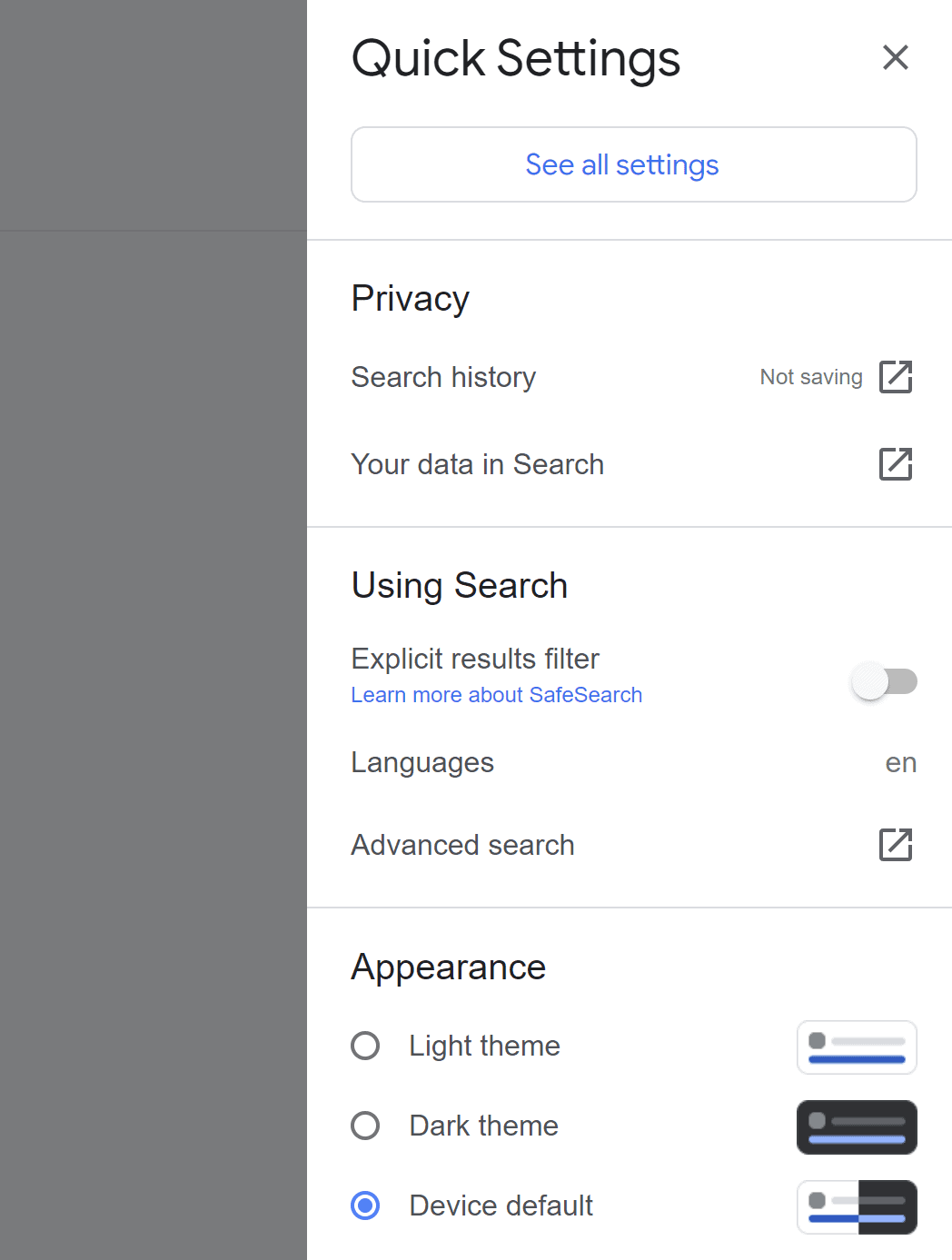Sextech retailer Lovehoney says that hundreds of thousands of people have been unable to find its website due to Google’s SafeSearch function blocking search results, a situation that is not unique to the online store.
The company accused Google of “preventing consenting adults from achieving sexual happiness” following changes to SafeSearch, which is designed to prevent minors from accessing explicit content through Google searches.
Lovehoney responded to the changes by releasing an explainer video showing how to turn SafeSearch off. It’s the latest incident of a sextech company clashing with a big tech firm with regard to what the former sees as censorship of its products.
Lovehoney claimed that following a 2021 update to Google SafeSearch, 250,000 people a month have been unable to find the Lovehoney website through the world’s most used search engine. The firm estimated that it has lost one million customers due to SafeSearch.
The problem arose from Google making SafeSearch turned on by default if it is unable to determine the age of the user. This is believed to be the case for around one third of Google users, meaning that around one third of them are unable to find the Lovehoney site through the search engine on its default setting.
However, some Lovehoney products still show up in some Google search results, on sites such as Amazon, when SafeSearch is on. This has led to accusations that SafeSearch blocks results inconsistently.

Open the Google search results page by searching for anything.
In the top-right of the screen, there’s a cog icon that provides access to Search settings. Click this.

If the ‘Explicit results filter’ is on, turn it off.
Sorted.




“Although we are fully in support of Google’s SafeSearch feature for under 18s, there seems to be some clear inconsistencies that are ultimately harming sex-positive companies and the consenting adults that are trying to find products and information on the topic,” says Johanna Rief, Head of Sexual Empowerment at Lovehoney.
“Unfortunately, it is just another example of Big Tech treating sexuality as something that is sinful, while allowing actual harmful content to slip through the net,” Rief added.
Many sextech product companies and retailers have problems promoting and selling their products on large mainstream websites and online services, due to being categorized as being related to sex or veering close to ‘explicit’ categories.
“There seems to be some clear inconsistencies that are ultimately harming sex-positive companies”
Johanna Rief, Lovehoney’s Head of Sexual Empowerment
They have found it difficult or impossible to advertise on social media sites such as Facebook and Instagram, with some accusing big tech companies of hypocrisy and double standards. Increasingly, sextech products are being branded as being to do with ‘wellness’ rather than simply sexual pleasure, to help circumnavigate categorization issues.
Lovehoney claims it complained to Google 600 times about being blocked on the search engine. “Some of the biggest tech companies are against sex positivity. They block and censor inoffensive items like nipples and stand in the way of sex positive brands that actually help people,” Lovehoney says.
Read next: Lovehoney’s released four new toys that vibrate in sync with music and other sounds









Leave a Reply